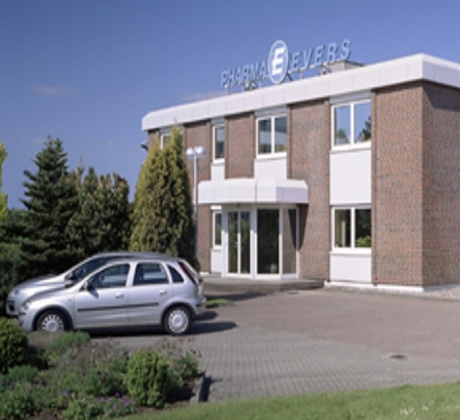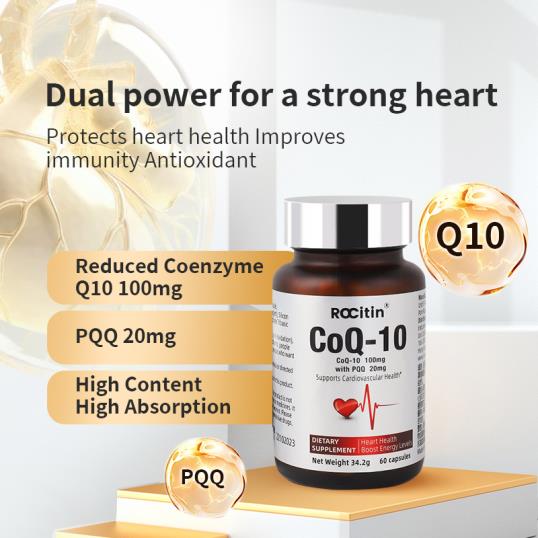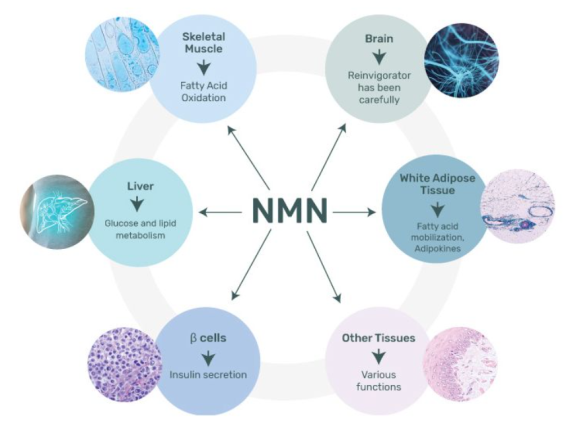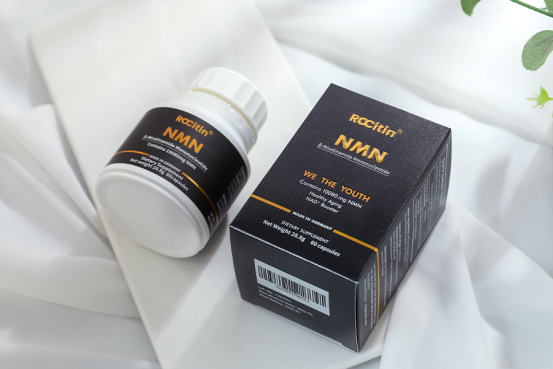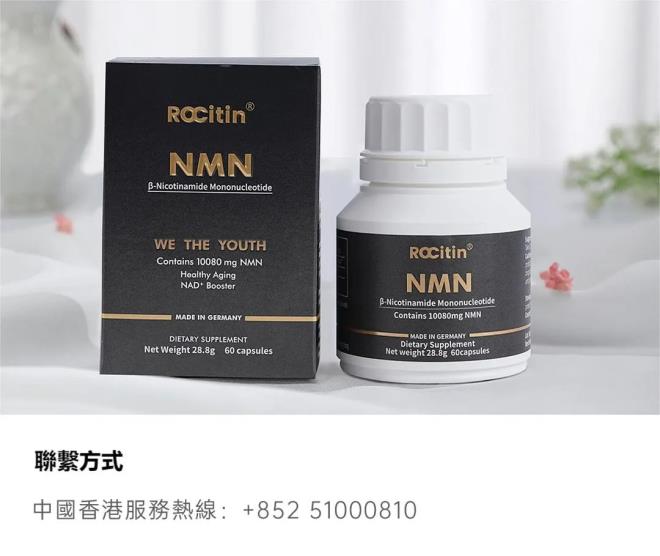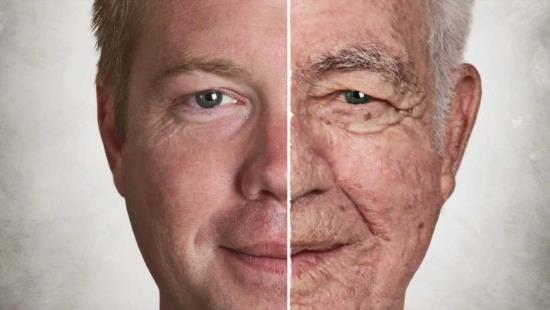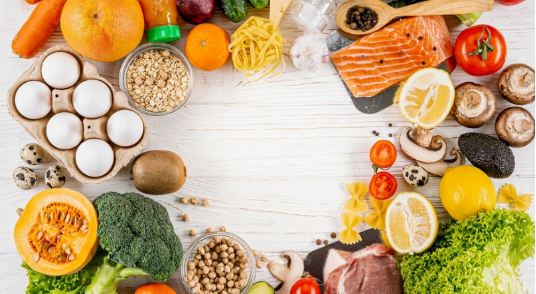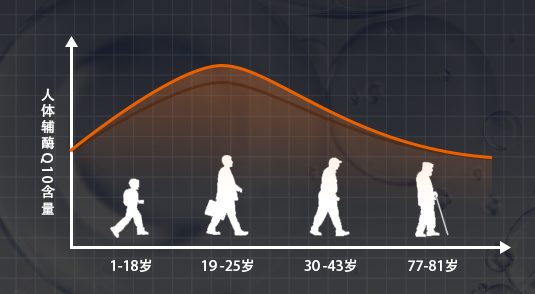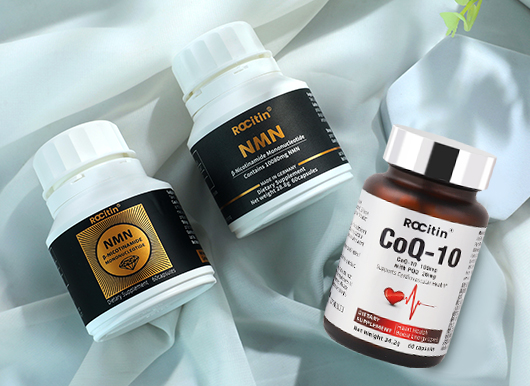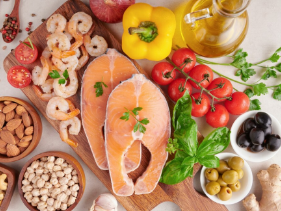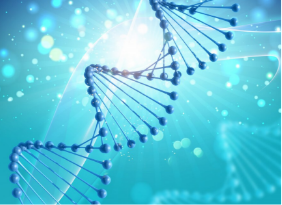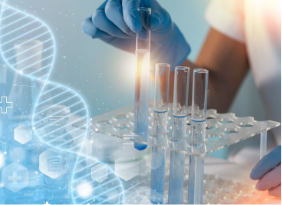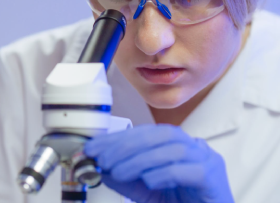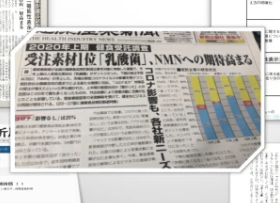-
Protect your heart power and restore your youthfulness, ROCitin Coenzyme Q10 & PQQ are newly launched!
Now, ROCitin introduces a new product, Coenzyme Q10, which will be your partner in the journey of health and help you get to the top of your life! Coenzyme Q10 is an important nutrient that plays a vital role in the human body. It is involved in the physiological processes of energy production, antioxidant and cell protection, which is important for maintaining health and slowing down the aging process.
넶124 2024-01-30 -
Latest research confirmed NMN intake of 600mg/ day a better dosage
In recent years, scientists have made more and more clinical studies on NMN. A recent clinical trial confirmed that 600 mg of NMN every day might be a better dose.
넶106 2023-08-14 -
Climb to the Infinite, ROCitin NMN, A New Launch Double Safeguards Your Health!
The world is changing and life is unpredictable. The three-year pandemic not only posts a test to the time, but also a test to the life. The bell of New Yea has been sounded, marking the arrival of the post-pandemic era.
넶35 2023-08-11 -
Climb to the Infinite, ROCitin NMN, A New Launch Double Safeguards Your Health!
The world is changing and life is unpredictable. The three-year pandemic not only posts a test to the time, but also a test to the life. The bell of New Yea has been sounded, marking the arrival of the post-pandemic era.
넶76 2023-04-14 -
New research shows that middle-aged Chinese men are more likely to age than women
Middle-aged men or more likely to age? The Chinese team completed the world's first large- scale study of NAD+ and aging in the Chinese population, revealing potential genderdifferences.
넶45 2022-06-01


